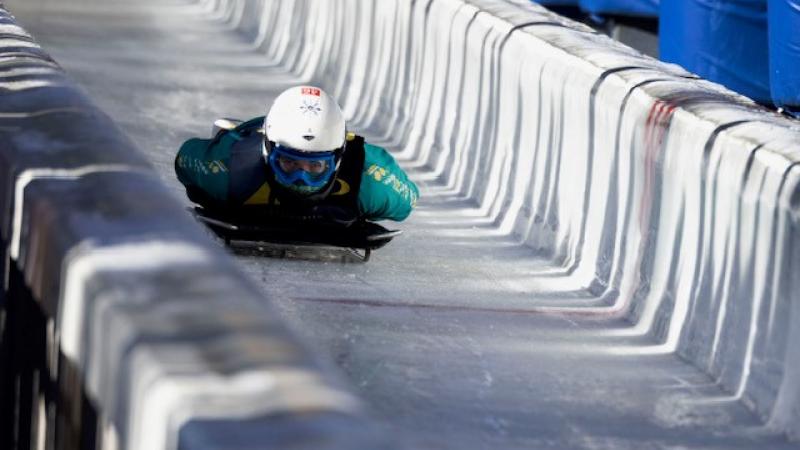Nothing to sneeze at – spring hay fever is here
With spring comes the sneezing, and for some Australians this also means reaching for hay fever medicines: antihistamines, decongestants or corticosteroids.
Information on hay fever from national health not-for-profit NPS MedicineWise will help people with seasonal allergies navigate through this medicine jungle.
“The best treatment depends on the type and severity of symptoms, and who the treatment is for. Some medicines should not be used by young children or by breastfeeding mothers, for example,” says Dr Jill Thistlethwaite, general practitioner and medical advisor at NPS MedicineWise.
“Antihistamine tablets help with rapid relief within a few hours of hay fever symptoms such as itchy eyes, sneezing and a runny nose. However they do not relieve a blocked or stuffy nose. Sometimes to relieve more severe eye problems antihistamine eye drops are necessary,” she says.
“A corticosteriod nasal spray is particularly useful for more severe hay fever symptoms, including a blocked nose. It takes longer to work and is best used regularly for long-term benefits.
“Decongestant nasal sprays can bring rapid relief of a blocked nose if antihistamines and corticosteroids don’t work. You shouldn’t use them for more than about 3 days at a time as they can give you a blocked nose with longer use rather than relieving one. You should also check with your doctor or pharmacist before using them with children.
“Most of these medicines are available over the counter. Your pharmacist or GP can recommend what would be best for you. If you are not sure, ask,” says Dr Thistlethwaite.
The NPS MedicineWise website also provides other information about managing hay fever, including what medicines are best during breastfeeding and how to minimise exposure to pollen and other allergy triggers.
“Stay indoors if possible when the pollen count forecast is high, and on windy days or after thunderstorms,” says Dr Thistlethwaite.
“Wearing sunglasses and frequently splashing your eyes with water can also help,” she says.






